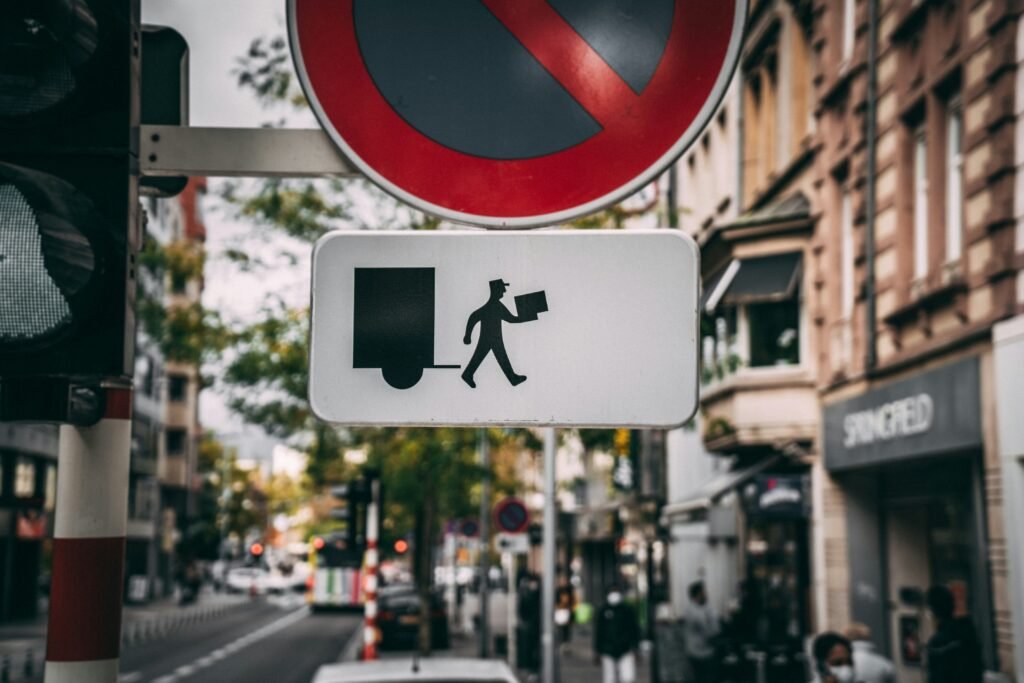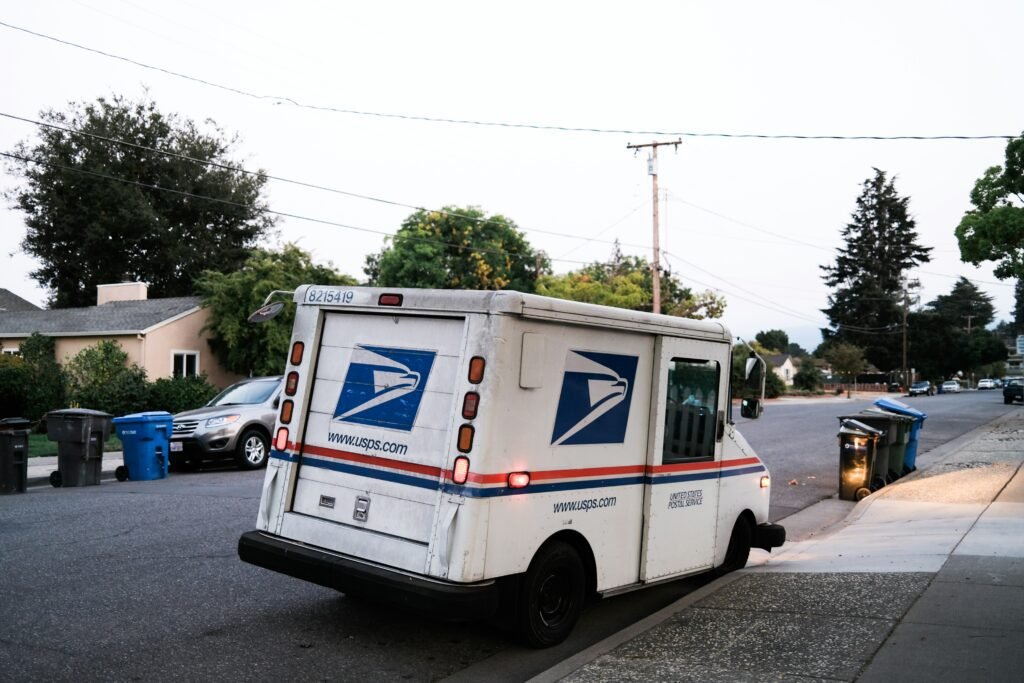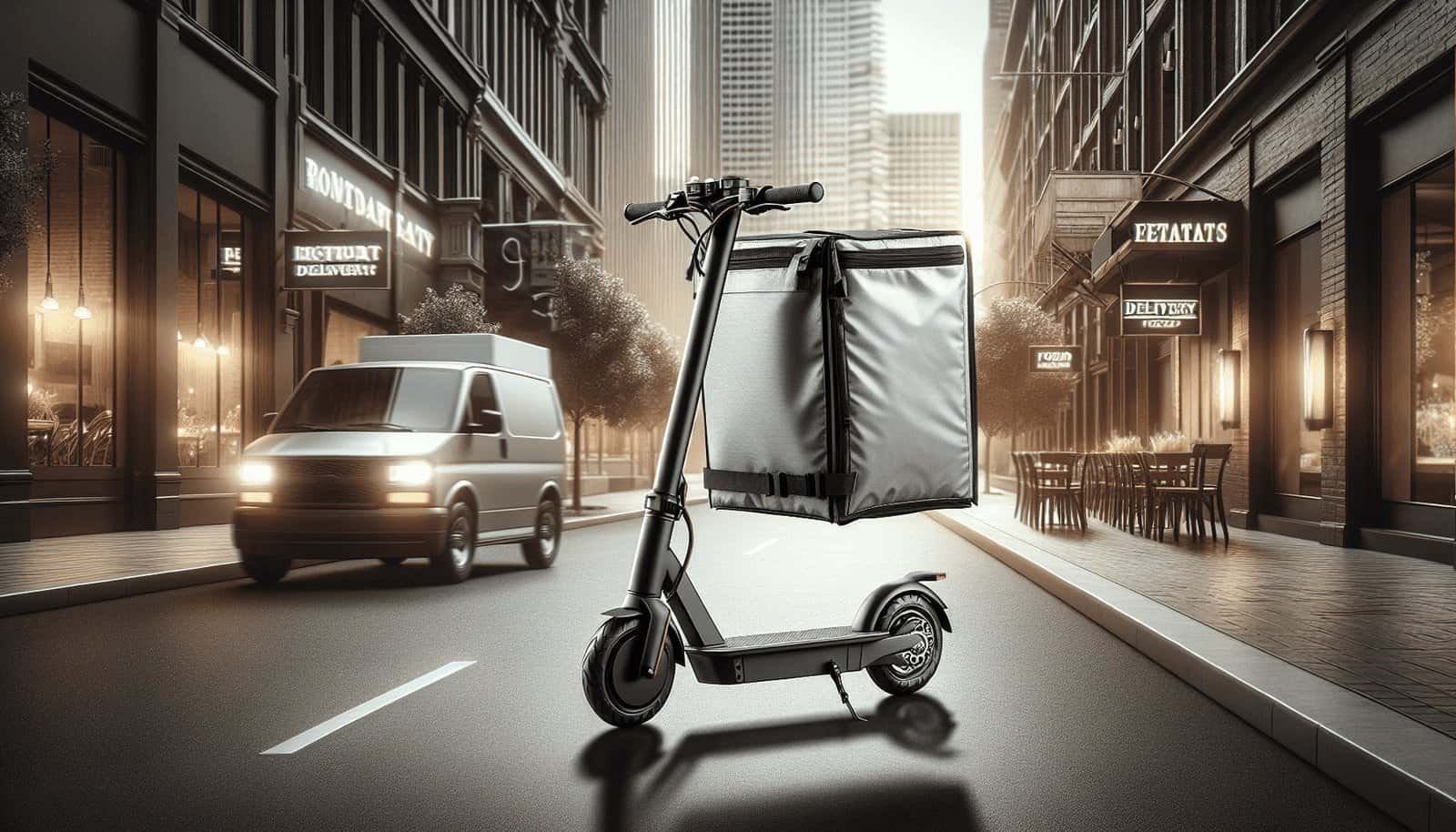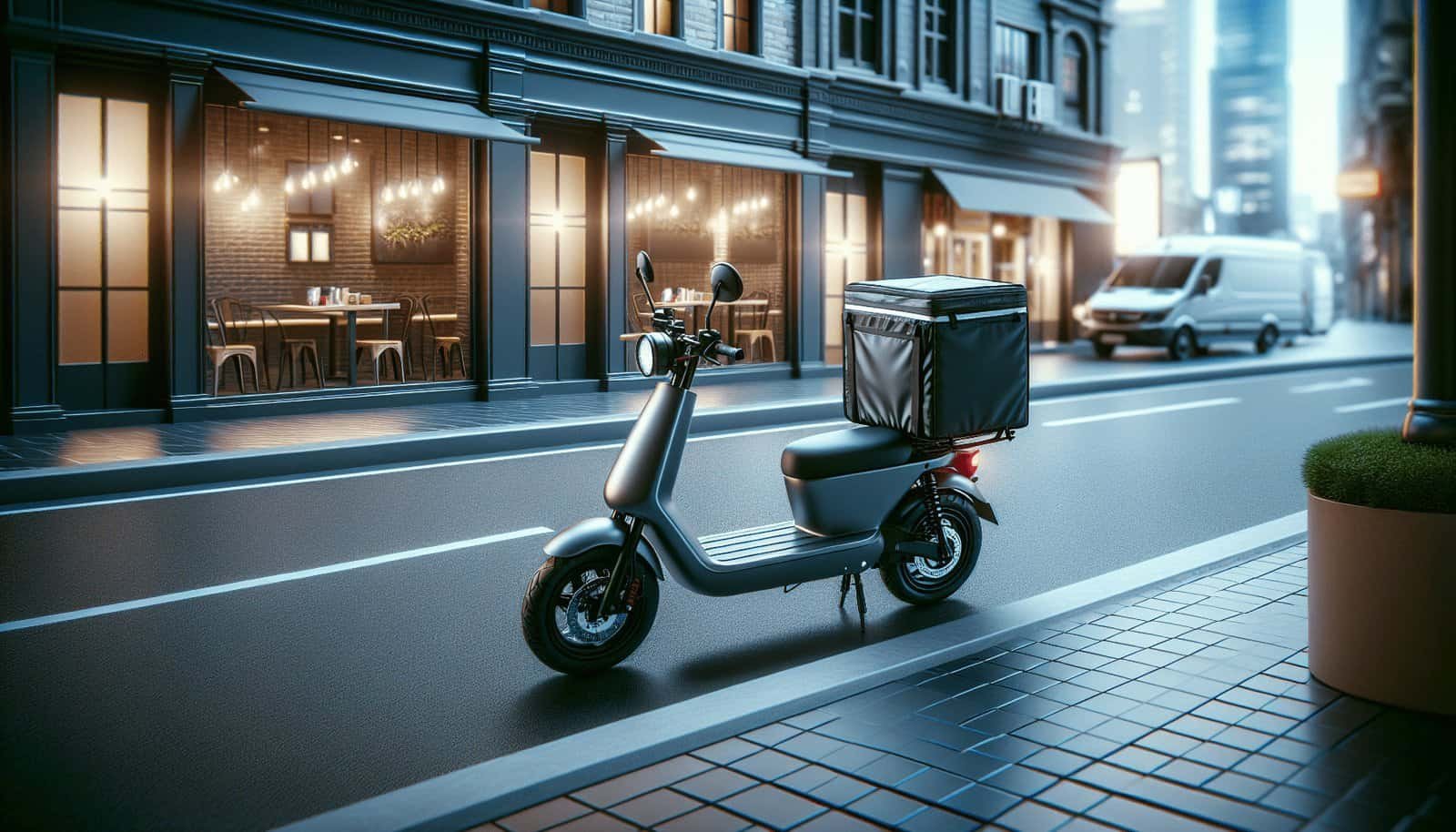Have you ever wondered, “Can I use my electric scooter for food delivery services like DoorDash or Uber Eats?” If so, you’re not alone. Many individuals are considering electric scooters as an efficient, eco-friendly means for food delivery. Let’s delve into everything you need to know to make an informed decision.

Can You Use an Electric Scooter for Food Delivery?
Yes, you can indeed use an electric scooter for food delivery services like DoorDash or Uber Eats. However, while it’s entirely possible, there are several factors you need to consider, including the type of scooter, local regulations, and practical concerns such as battery life and cargo space.
Type of Electric Scooter
Not all electric scooters are created equal. When considering using one for food delivery, you’ll need a scooter that offers a balance between speed, range, and cargo capacity.
Considerations for Selecting a Scooter:
| Feature | Why It Matters |
|---|---|
| Speed | Faster scooters let you complete more deliveries quicker. |
| Range | A longer range ensures you won’t run out of battery mid-shift. |
| Cargo Space | Adequate space or attachments for carrying food orders is essential. |
Popular Models Suitable for Delivery
Depending on your needs, certain scooters stand out as better suited for food delivery. For example, the Segway Ninebot Max offers a good balance of speed and range, while the Boosted Rev excels in durability.
Local Legal Requirements
Before you start zipping around town, it’s essential to understand your legal obligations. Laws vary widely by region, so make sure you’re compliant with local regulations.
Basic Legal Requirements:
- Helmet Use: Most areas require helmet use.
- Speed Limits: Adhere to local speed limits for electric scooters.
- Age Restrictions: Some places have minimum age requirements.
- Permits and Licenses: Check if a special permit or driver’s license is needed.
Practical Concerns
To be fully prepared, look at the practical side of scooter-based deliveries.
Battery Life and Charging
Understanding the battery capabilities of your electric scooter helps you avoid unexpected downtime.
Battery Tips:
- Pre-Shift Charging: Fully charge your scooter before beginning your delivery shift.
- Backup Plans: Know where you can charge your scooter if needed.
- Utilize Efficient Routes: Planning routes that minimize distance can help conserve battery life.
Cargo Space and Attachments
Having enough room to carry food orders is crucial. Some scooters come with built-in cargo space, while others require additional attachments.
Cargo Solutions:
- Built-In Storage: Some models come with storage compartments.
- External Attachments: Consider baskets or insulated delivery bags that attach to the scooter.
Benefits of Using an Electric Scooter for Food Delivery
Electric scooters offer several advantages that can make food delivery easier and more efficient.
Eco-Friendly
One of the main benefits is the positive environmental impact. By using an electric scooter, you’re contributing to reduced emissions compared to using a car or motorcycle.
Cost-Efficient
From a financial perspective, electric scooters can save you money in the long run. Lower maintenance costs, no fuel expenses, and less wear-and-tear are just a few savings points.
Cost Analysis:
| Expense Type | Car | Electric Scooter |
|---|---|---|
| Fuel | High | None |
| Maintenance | Moderate to High | Low |
| Insurance | Moderate to High | Low to None |
Maneuverability and Parking
Scooters can easily navigate through traffic and have the convenience of being parked almost anywhere. This flexibility can shorten your delivery times, potentially increasing your earnings.
Health Benefits
Though less strenuous than biking, scooter riding does require balancing and mild physical activity, which contributes to your overall health.
Challenges and Drawbacks
While there are many benefits, you should also consider the challenges and drawbacks of using an electric scooter for food delivery.
Weather Dependence
One major downside is the weather. Rain, snow, and extreme temperatures can affect both the scooter’s performance and your comfort and safety.
Limited Cargo Capacity
Despite the availability of cargo attachments, the capacity will always be limited compared to cars or larger vehicles.
Battery Limitations
Even the best scooters have battery limitations. Planning around charging times and availability of charging stations can be cumbersome.
Safety Concerns
Safety is a crucial factor. With increased speed and the need for maneuverability in traffic, the risk of accidents can be higher.
Tips for Successful Food Delivery on an Electric Scooter
To maximize your efficiency and safety while delivering food on an electric scooter, consider these tips.
Plan Your Route
Have a clear understanding of the area you’ll be delivering in. Use navigation apps to find the most efficient routes.
Route Planning Apps:
- Google Maps
- Waze
- MapQuest
Keep Your Equipment Ready
Ensure your scooter is in top condition before starting your shift. Regular maintenance can prevent breakdowns and accidents.
Use Safety Gear
Always wear a helmet, and consider additional protective gear like knee pads and reflective clothing.
Safety Gear Checklist:
- Helmet
- Knee Pads
- Reflective Vest
Manage Your Time and Energy
Balancing speed and efficiency while conserving battery life is key. Take breaks as needed and plan for recharging stops.

Real-Life Experiences
Hearing from people who’ve successfully integrated electric scooters into their delivery routines can provide invaluable insights.
Testimonials
Alex, Uber Eats Delivery Rider: “I switched to an electric scooter six months ago and have never looked back. It’s cost-effective and I can maneuver through traffic easily, especially during peak hours.”
Jamie, DoorDash Delivery Rider: “Using a scooter has been a game-changer, but it’s not without its challenges. The biggest issue is battery life, so I always plan my routes carefully.”
Challenges They Faced
Both Alex and Jamie had to adapt to the limitations of using an electric scooter. Finding the right places to charge and dealing with inclement weather were their biggest challenges.
Calculating Potential Earnings
Figuring out whether an electric scooter is financially viable for food delivery involves calculating potential earnings.
Understanding Delivery Rates
Both DoorDash and Uber Eats have variable pay models. While it’s difficult to estimate exact earnings, understanding the basics helps in making an informed decision.
General Earnings Breakdown:
| Platform | Base Pay | Tips | Bonuses & Promotions |
|---|---|---|---|
| DoorDash | $2-$10+ | Tips vary | Surge Pricing, Challenges |
| Uber Eats | Varies | Tips vary | Surge Pricing |
Cost of Running a Scooter
Take into account the initial investment and ongoing costs like maintenance and electricity.
Cost Breakdown:
| Item | Cost Range |
|---|---|
| Initial Purchase | $300 – $1,200+ |
| Maintenance | $50 – $100 annually |
| Electricity | Minimal (~$100 annually) |
Combining Multiple Platforms
Many delivery riders maximize their earnings by working for multiple platforms. This approach can increase your delivery opportunities, thereby boosting your overall income.

Understanding Local Regulations
It’s essential to stay updated with local laws and amendments regarding electric scooters for food delivery.
State and City Regulations
Different states and even cities have their own rules for electric scooters. Ensure you’re compliant to avoid fines or legal issues.
Example Regulations by City:
| City | Helmet Required | Speed Limit | Age Restrictions |
|---|---|---|---|
| San Francisco | Yes | 15 mph | 16+ |
| New York | Yes | 20 mph | 18+ |
| Los Angeles | Yes | 15 mph | 16+ |
Licensing Requirements
Some areas may require specific licenses or permits. Always check with your local Department of Motor Vehicles (DMV) or equivalent authority.
Practical Tips for Weather Challenges
Weather can significantly affect your delivery efficiency and safety. Here are some strategies to tackle weather-related challenges.
Rainy Conditions
Using an electric scooter in the rain can be risky, but it’s manageable with proper precautions.
Rainy Day Tips:
- Use waterproof gear for yourself and insulated bags for food.
- Check your scooter’s tires for adequate tread.
- Use lower speeds to maintain control.
Extreme Temperatures
Both high and low temperatures can affect battery performance.
Temperature Management:
- Avoid leaving your scooter in direct sunlight for extended periods.
- Store the scooter in a garage or shaded area to prevent overheating or freezing.
Snow and Ice
Using a scooter in snowy or icy conditions is generally not advisable, but if necessary, take extreme care.
Snow Tips:
- Equip your scooter with winter tires if available.
- Ride slowly and stay on well-cleared paths.

Maximizing Efficiency
Efficiency is key to maximizing earnings and battery life.
Utilizing Shortcuts
Familiarize yourself with local shortcuts and bike paths that scooters can use but cars cannot.
Timing Your Deliveries
Delivering during peak times and avoiding rush hour traffic can help increase efficiency.
Balancing Work and Rest
Avoid burnout by scheduling breaks and managing your workload effectively.
Final Thoughts
Using an electric scooter for food delivery services like DoorDash or Uber Eats offers numerous benefits alongside some challenges. Whether it’s the cost savings, eco-friendliness, or maneuverability that attracts you, understanding the intricacies involved will help you make the most out of this modern mode of transportation.
So, the next time you find yourself considering an electric scooter for food delivery, revisit the points discussed and weigh the pros and cons. It might just be the perfect fit for your delivery needs and lifestyle.


